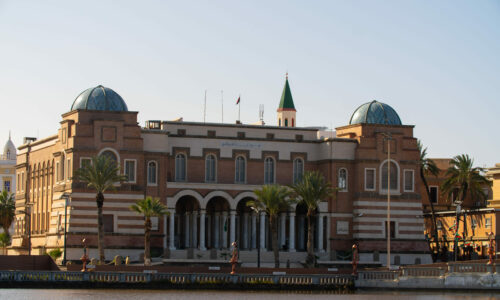Banking

Libya’s commercial banking sector is strongly defined by the hegemony of state owned banks, which reflect the country’s traditional hydrocarbon-led economic centralisation, still present today. The liberalisation of the sector initiated by Gadhafi at the end of the 2000s resulted in the creation and arrival of a significant number of private-led commercial banks, who were allowed to offer broad financial products and services to Libya’s business and individuals. Despite the amount of private banks operating in the country, Libya’s two largest state-owned banks, Jumhouria and National Commercial Bank, represented in 2017 72% of Libya’s risk weighted assets (World Bank, 2020), dominance that the World Bank associates to the banks support to Libya’s state firms through loans. Libya’s private commercial banks held in 2017 circa 10% of the country’s deposits.
In stakeholder consultations conducted by the OECD between 2013 and 2016, participants identified the Libyan financial services sector as one of the areas with highest potential for FDI attraction and highest alignment with the country’s strategic development plans (OECD, 2016). The World Bank, on its private sector assessment acknowledged the economic potential of an improved financial services sector (Rahman, 2020). Developing the banking system can bring benefits to the rest of the economy, as banking is an enabler of business activities and economic development, particularly of MSMEs.




